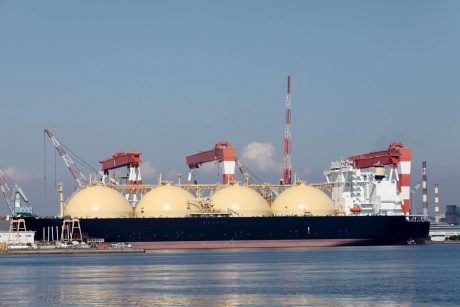Romania's primary energy intake decreased slightly to 33 million tonnes of oil equivalent (toe) in the 12-month period to September 2023, 2.2% (-0.73 million toe) less compared to 2021, according to the statistics office INS.
The lower use of primary energy resources matched the slash of the amounts of coal that was fired in the power plants, which was quite feasible as the high electricity/natural gas price significantly depressed the domestic demand for electricity (by -11.9% compared to 2021).
Romania's self-sufficiency ratio remained virtually flat, just above 54%.
The export of electricity and petroleum products increased compared to 2021, meaning, among others, that the net use of primary energy resources actually decreased slightly more than the 2.2% contraction of the gross intake.
The use of coal contracted by 20.5% y/y (-0.75 million toe) to only 2.9 million toe in the 12-month period to September 2023, which matched the 17.4% y/y decline in the output of the thermal power plants.
The use of electricity decreased by 11.9% to 49.1TWh in the 12 months to September 2023. The non-residential use of electricity, some three-quarters of the total, contracted by 10.2%.
On the production side, the decline was softer: only 3.6% compared to 2021. This allowed Romania to export 83% more electricity in the 12 months to September 2023, compared to 2021. The net exports, 2.8TWh, accounted for 5.4% of the production less technological use.
(Photo source: Dreamstime.com)

 acum 11 luni
57
acum 11 luni
57























 English (US) ·
English (US) ·  Romanian (RO) ·
Romanian (RO) ·